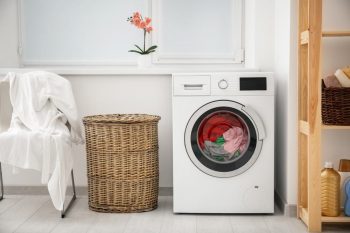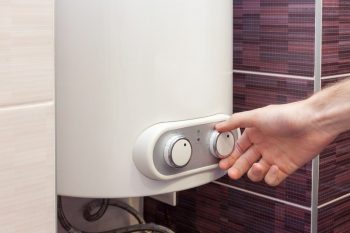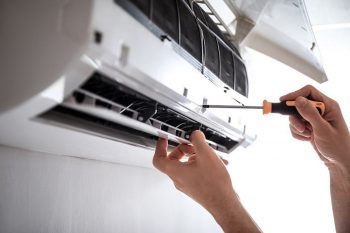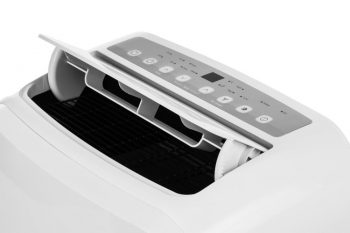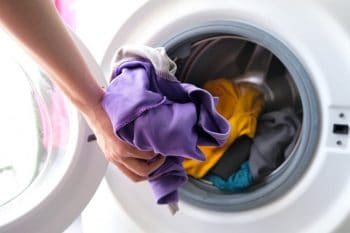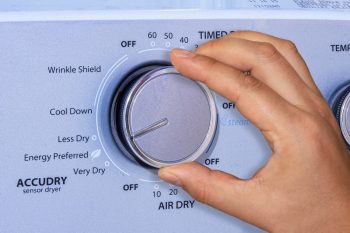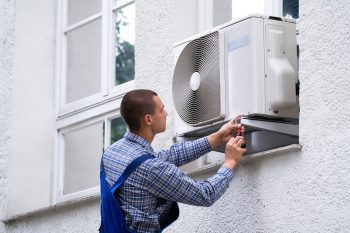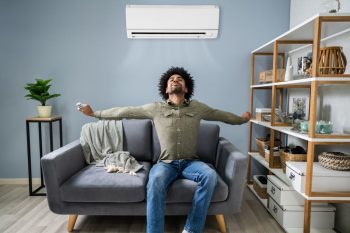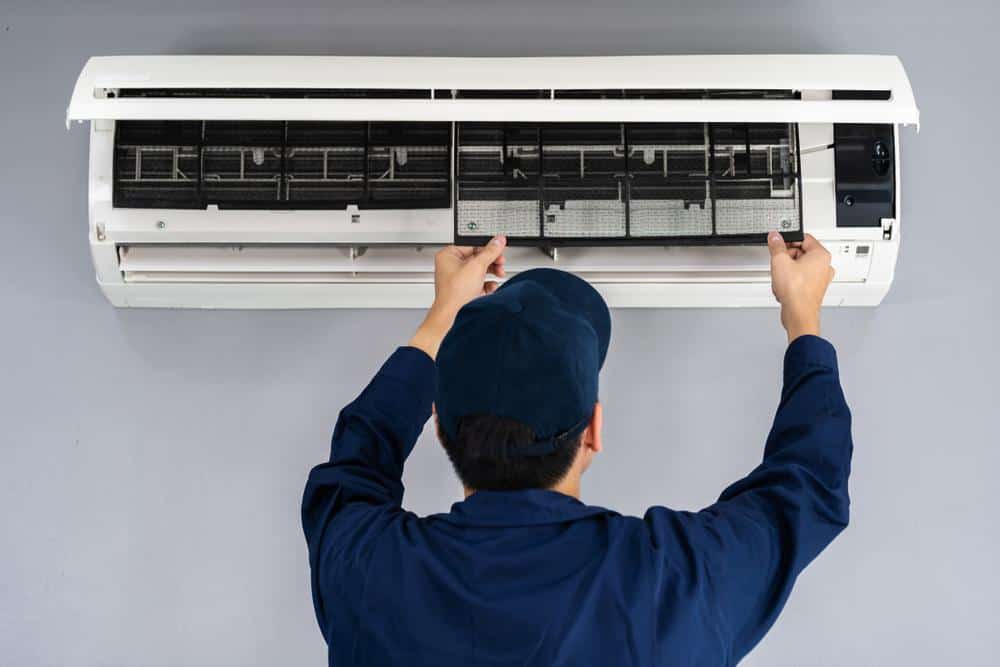
A ductless air conditioner, also known as a mini-split system, is a popular choice for homeowners due to its energy efficiency and flexible installation options. But one question that often comes up is, how long does a ductless air conditioner last? Let’s dive in and find out.
The average lifespan of a ductless air conditioner is about 20 years. However, with proper maintenance and optimal usage, these systems can last up to 30 years. Factors such as the quality of equipment, proper installation, regular maintenance, efficient usage, and environmental conditions can influence the longevity of a ductless air conditioner.
Average Lifespan of a Ductless Air Conditioner
The average lifespan of a ductless air conditioner is about 20 years. However, with proper maintenance, some of these systems can last up to 30 years. This is longer than the average lifespan of traditional central air conditioning systems, which typically last 15 to 20 years.
Factors Influencing the Lifespan of a Ductless Air Conditioner
Several factors can influence the longevity of a ductless air conditioner:
- Quality of Equipment: High-quality ductless HVAC systems can last for up to two decades with proper maintenance. Brands such as LG, Mitsubishi, Boreal, and GREE are known for their long-lasting ductless mini-split systems.
- Proper Installation: Faulty installation can result in various issues that shorten the air conditioner’s lifespan. Common installation errors include incorrect sizing, poor connections, and improper refrigerant charging.
- Regular Maintenance: Proper maintenance, such as changing filters, cleaning coils, and checking refrigerant levels, can help extend the life of your HVAC system.
- Efficient Usage: Running the unit continuously, especially at high cooling settings, can strain the system and shorten its lifespan. Energy-efficient usage, such as utilizing programmable thermostats and setting higher temperature ranges, can reduce the workload on the AC unit, extending its longevity.
- Environmental Conditions: Extreme weather conditions, such as high temperatures and humidity, can put additional strain on the system, leading to a shorter lifespan. Installation in salty or corrosive environments, such as coastal areas, can also reduce the life expectancy of the air conditioner.
Signs Your Ductless Air Conditioner is Nearing the End of its Lifespan
Knowing when your ductless air conditioner is nearing the end of its lifespan can help you plan for a replacement and avoid unexpected breakdowns. Here are some signs to watch out for:
- Age of the unit: Ductless air conditioners typically have a lifespan of 10 to 15 years. If your system is approaching or exceeding this age, it may be time to consider a replacement.
- Rising operating costs: As ductless air conditioners age, they may become less efficient, leading to higher energy bills.
- Frequent breakdowns and repairs: Older systems with worn-out parts are more likely to fail during normal operation, leading to more frequent repair needs.
- Inadequate cooling or heating: If your ductless air conditioner is no longer able to provide adequate cooling or heating for your home, it could be a sign that the system is approaching the end of its lifespan.
- Indoor humidity issues: If your ductless air conditioner is no longer able to control indoor humidity effectively, it could be a sign that the system is nearing the end of its life.
Extending the Lifespan of a Ductless Air Conditioner
Here are some tips to prolong the lifespan of your ductless air conditioner:
- Regularly clean the system: Keep both the indoor and outdoor units clean and dust-free.
- Clean and change filters regularly: Check and clean the air filters located on the front panel of the indoor unit every two to four weeks.
- Clear the pipes: Ensure that the pipes connecting the interior and exterior components of the system are clean and free from dust and debris.
- Maintain space around the unit: Ensure there is enough space around the indoor and outdoor units for proper airflow and to prevent overheating.
- Schedule professional maintenance: Have a professional HVAC technician inspect, clean, and tune-up your ductless system at least once a year.
- Address repairs promptly: If you notice any issues with your ductless system, have them fixed by a professional as soon as possible.
In conclusion, the lifespan of a ductless air conditioner can vary based on several factors, including the quality of the equipment, proper installation, regular maintenance, efficient usage, and environmental conditions. By taking care of your ductless air conditioner and addressing any issues promptly, you can maximize its life expectancy and get the most out of your investment.
Frequently Asked Questions
What is a ductless air conditioner?
A ductless air conditioner, also known as a mini-split system, is an air conditioning system that does not require ductwork to distribute cool air. It consists of an outdoor compressor unit and one or more indoor air handling units that are connected by refrigerant lines.
How often should I have my ductless air conditioner serviced?
It’s recommended to have your ductless air conditioner serviced at least once a year by a professional HVAC technician. Regular servicing can help detect potential issues early and maintain the system’s efficiency.
Can I install a ductless air conditioner myself?
While it’s technically possible to install a ductless air conditioner yourself, it’s generally recommended to have it installed by a professional. Improper installation can lead to issues that can reduce the system’s efficiency and lifespan.
How do I know the right size of a ductless air conditioner for my home?
The size of a ductless air conditioner is determined by the cooling capacity needed for the area you want to cool. This is typically measured in British Thermal Units (BTUs). It’s best to consult with a professional HVAC technician to determine the right size for your home.
Can a ductless air conditioner heat my home as well?
Yes, many ductless air conditioners are actually heat pumps, which means they can provide both cooling and heating for your home. This makes them a versatile choice for year-round comfort.

